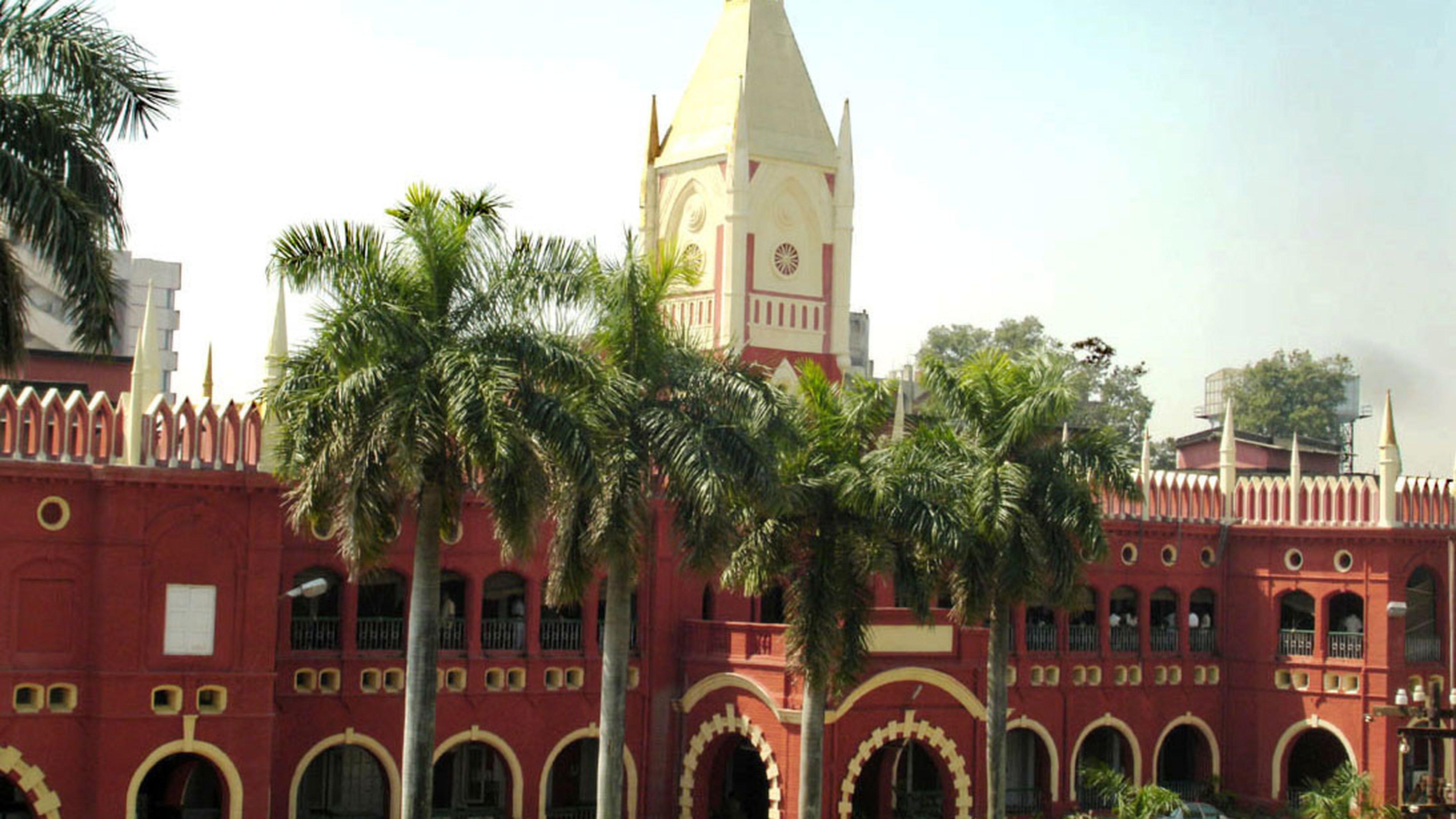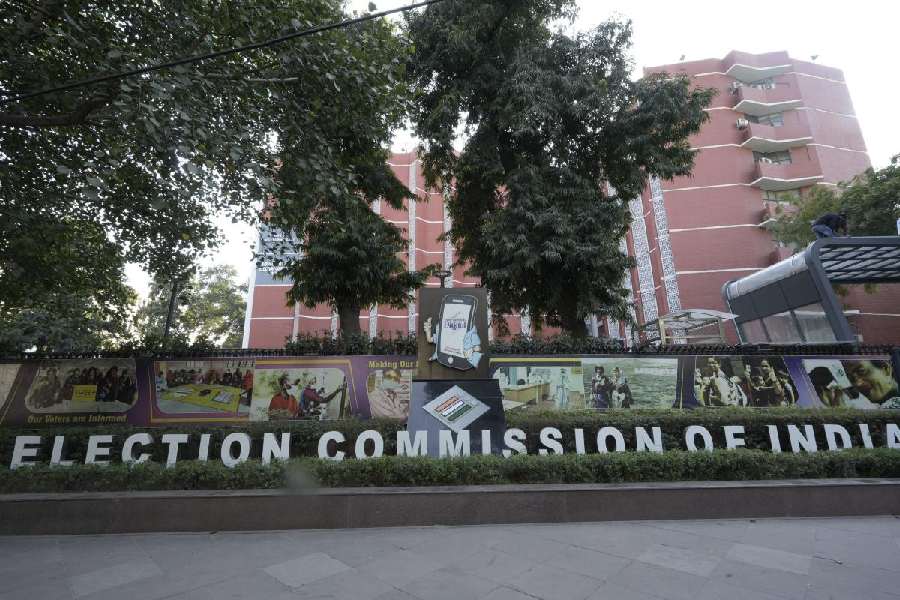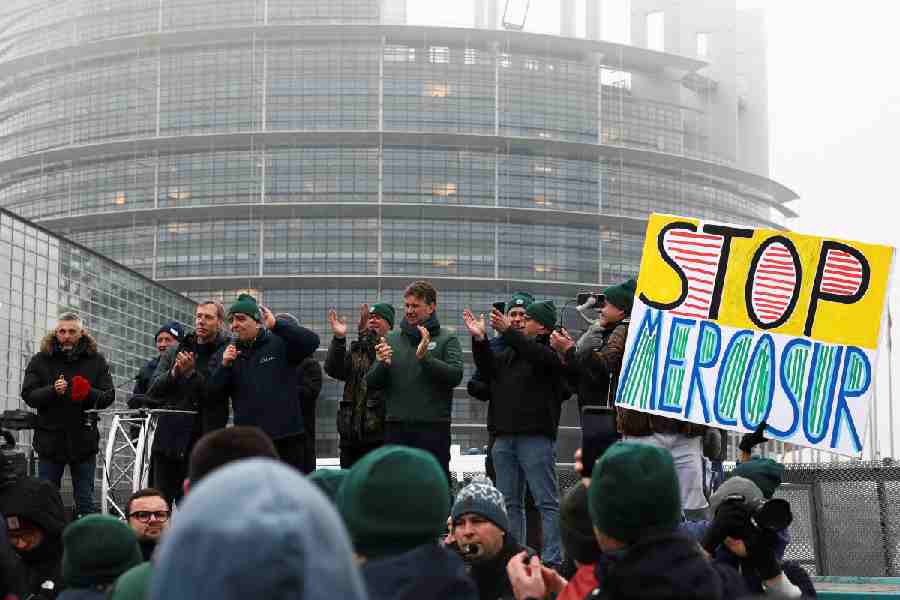Some problems can, perhaps, never be fully resolved, even if concerted attempts are made to combat them. Government data point clearly towards one such serious problem: the growing number of road accidents in India and, significantly, the resultant loss of lives. There is good reason to infer that deaths caused by accidents cannot be entirely prevented by cultural and institutional interventions, especially in a country like India. Even though certain measures outlined in the National Road Safety Policy have been implemented and the Motor Vehicles (Amendment) Bill might be passed into law, there are numerous cultural, economic and environmental variables that render the complete eradication of the problem difficult. Some important questions arise from this admission: questions of compensation, especially in the case of the death of a family member in an accident. The Supreme Court addressed this question recently when it ruled that family members of a person who dies in a road accident must be given “just compensation” aside from the money due from pensions, provident funds and insurance schemes. It did so while overturning a ruling by the Orissa High Court that had cut down the amount initially granted to a bereaved family by the Motor Accidents Claims Tribunal.
With this verdict, the apex court has addressed the crux of the matter: the “wide amplitude” of the word, ‘just’, in the context of compensation, which often leads to the granting of arbitrary sums by the government and private entities in road accident cases. The ruling comes at a significant time — the railway board chairman indicated that the people who died in the train accident in Amritsar were ‘trespassers’, and absolved the Indian Railways of all responsibility — and highlights the need for such court interventions in cases where reparations are not deemed to be commensurate with the needs of the bereaved. It also brings into focus the necessity to revise existing laws and agency rules with regard to what constitutes ‘just’ compensation in individual cases. Most important, it sheds uncomfortable light on the State’s tendency to view the awarding of compensation as an act of benevolence on its part, rather than as the right of bereaved citizens. The devastation caused by the loss of a loved one in an accident cannot be fully alleviated. In recognition of this, the apex court has made it clear that, in such cases, the State is duty-bound to be sensitive to the victims’ next of kin — especially those for whom the deceased were the sole breadwinners — and to give them adequate monetary support. It is time the State acknowledged this as well.










